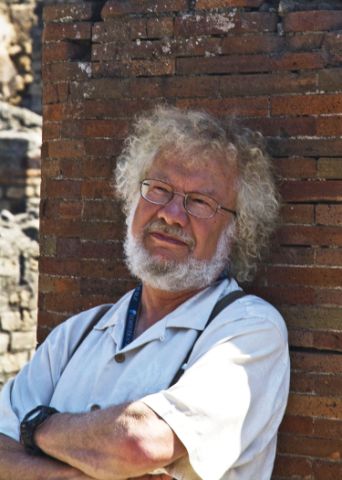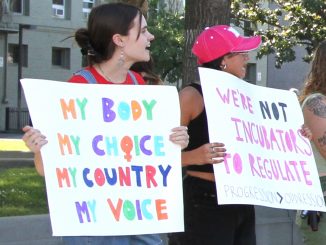
These days, “social-justice Christians” are determined to take the gospel out the church door and make it a social gospel. Even more boldly, “Matthew 25 Christians,” who are determined to see Jesus in “the least of these” (unhoused, unhealthy, under-fed, unfriended), are encouraged to solicit alliances with social activists in the public sphere and to unite with them in lobbying the government—which does not imply theocracy.
I found myself thinking about the churches taking the lead when I read the heart-warming January print issue of the Chico News & Review and the “Mission of mercy” feature on Project S.A.V.E., as well as a variety of stories on other civic “social ministry” efforts. Perhaps Chico social-justice activists would be leading the churches!
I would not want to underestimate the churches in their own social ministries. Wesleyan Methodists, for example, have from their very origins a commitment to a social gospel built into them. Hence: Salvation Army. Lutheranism is not necessarily distinguished in this area, but the local Faith Lutheran Church certainly is. I can hardly keep up with the amazing variety of social ministries that the pastor and versatile lay leader Douglas deSoto (who actively plays in both church and society) initiates. No doubt other local churches can tell similar stories, adding to the landscape portrait of local social-justice efforts.
I leave off with these questions: Are local churches seriously interested in collaborating with local mercy missions? (The Jesus Center, both a ministry and a community organization, is an obvious answer: Yes!) Are local civic mercy missions interested in collaborating with the churches? And the big one: Are both groups actively lobbying government? The Warren v. City of Chico legal case brought on behalf of the unhoused changed everything about local approaches, and could be a sterling example of social-justice institutions seeking redress through government.
Can social-justice workers of the world unite?





Can social-justice workers of the world unite?
If they do, I want to be part of it. Please publish info in the CN&R.